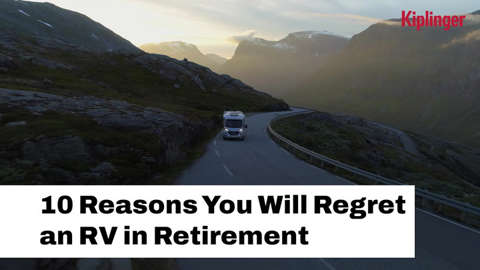Wheels vs. Walls: The Surprising Truth About RV Living and Retirement Costs

The Untold Challenges of RV Living in Retirement
Retirement on wheels might sound like a dream, but seasoned RV enthusiasts reveal the less glamorous side of mobile living. While the allure of freedom and adventure beckons, full-time RV living comes with unexpected hurdles that can quickly burst the bubble of wanderlust.
The Hidden Realities of RV Retirement
Retirees who have spent years traversing highways and campgrounds are surprisingly candid about the challenges. What initially seems like the ultimate lifestyle of freedom can quickly become a test of patience and resilience.
Maintenance Nightmares
Constant repairs and unexpected breakdowns can turn the RV dream into a logistical and financial nightmare. Unlike a traditional home, RVs require meticulous and frequent maintenance, with repair costs that can quickly drain retirement savings.
Space and Comfort Limitations
The romantic notion of minimalist living loses its charm when cramped quarters become your daily reality. Limited storage, tight living spaces, and the constant need to organize can create unexpected stress for retirees accustomed to more spacious living arrangements.
Financial Considerations
Contrary to popular belief, RV living isn't always a money-saving strategy. Campground fees, fuel costs, maintenance, and unexpected repairs can quickly outpace traditional housing expenses.
Social and Emotional Challenges
While the open road promises adventure, it can also bring isolation. Constantly moving means leaving behind established social networks and struggling to form meaningful connections along the way.
For many retirees, the RV lifestyle is a mixed bag of excitement and unexpected challenges. While some thrive on the constant change, others find themselves longing for the stability of a permanent home.

